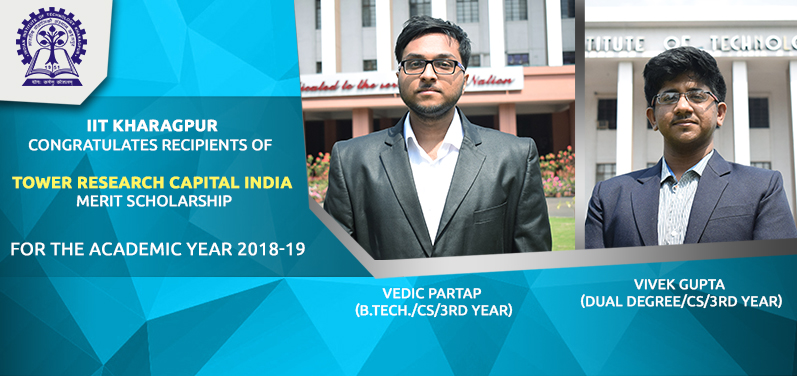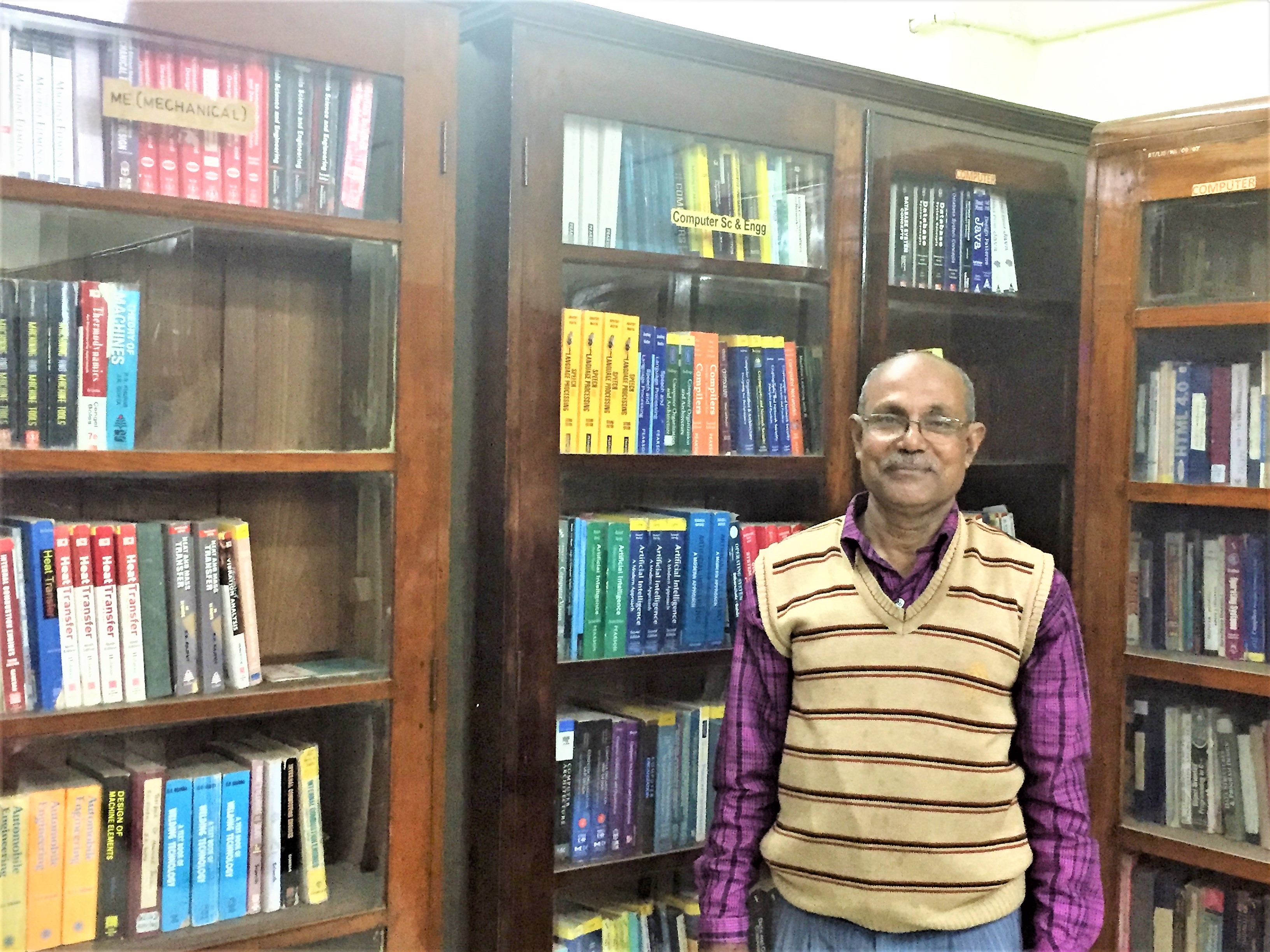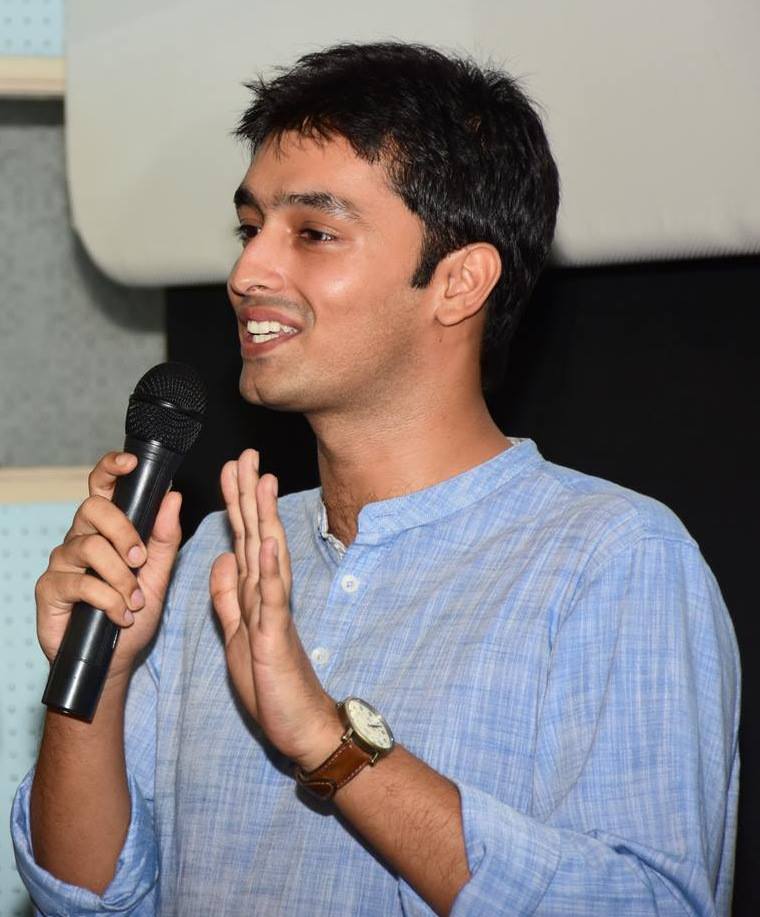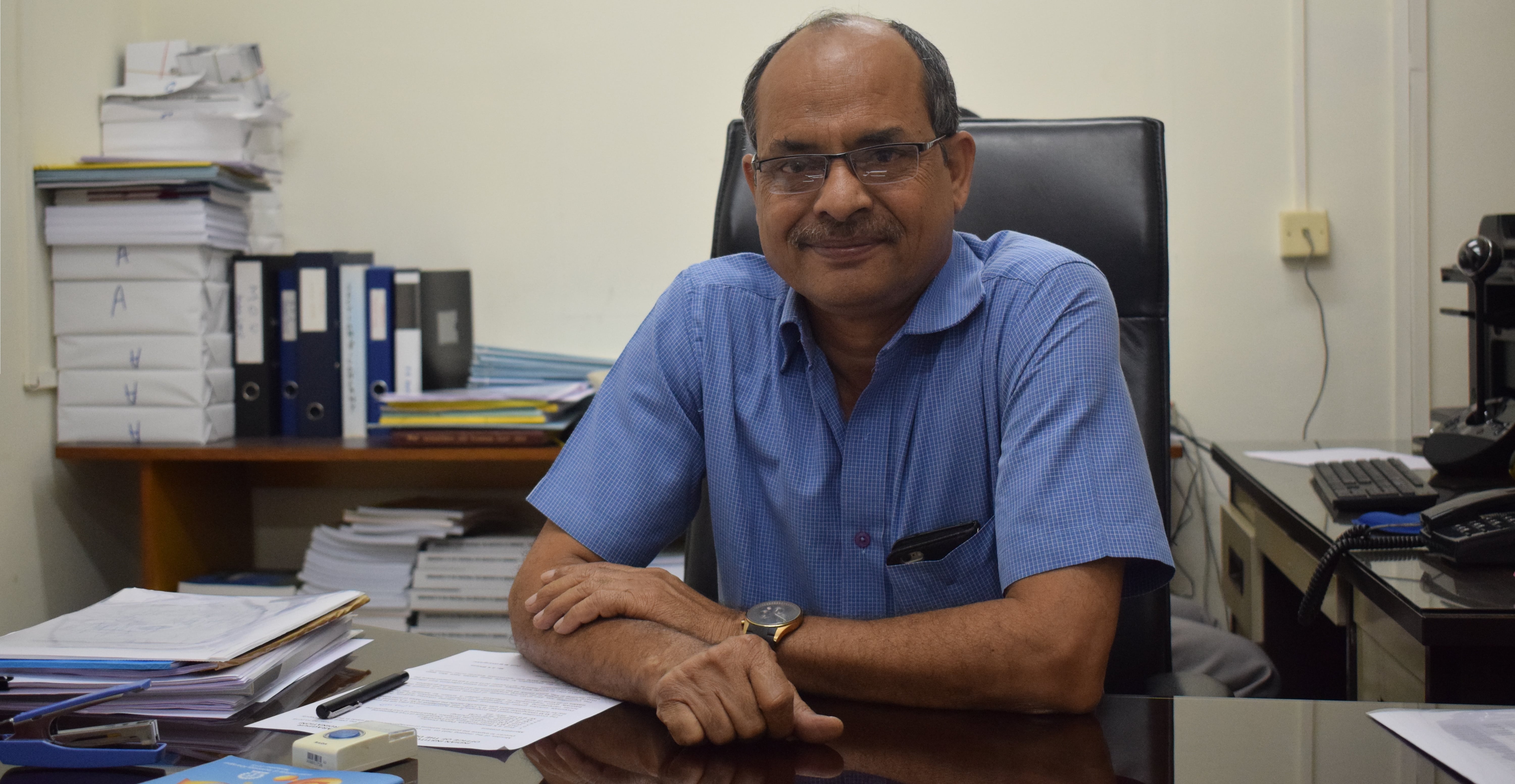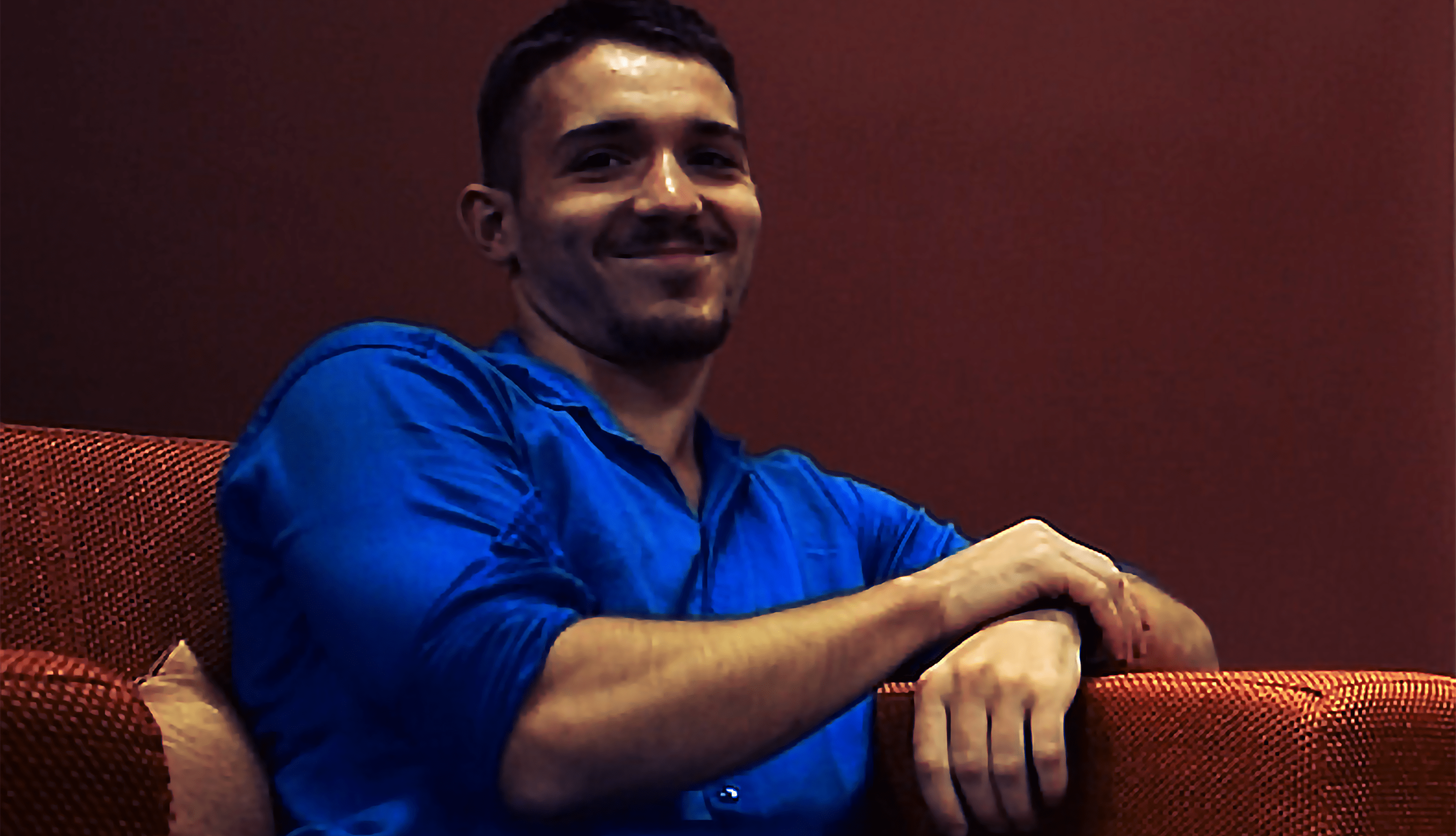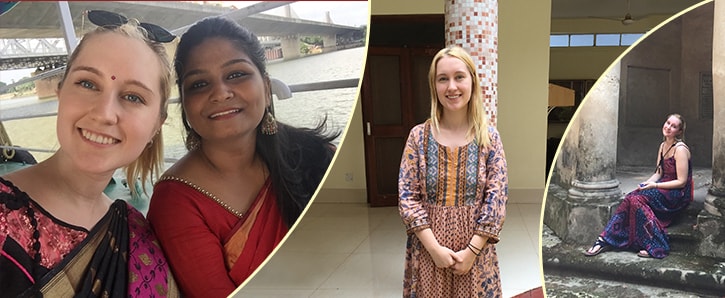
In conversation with Emma
Emma Bancroft Toner, a fourth year UG student from the School of Environment, Enterprise and Development, University of Waterloo, was at IIT Kharagpur this summer to conduct her research on “Female Empowerment: Exploring the Influence of Living and Working in Informal Settlements”. Emma was here on a MITACS grant and her supervisor was Prof. Priyadarshi Patnaik of the Department of Humanities and Social Sciences. Emma immensely enjoyed her stay at IIT Kharagpur and was thankful that she had been given the opportunity to collect and work with primary data. Still the sprightly teenager, I found Emma at the Technology Guest…


